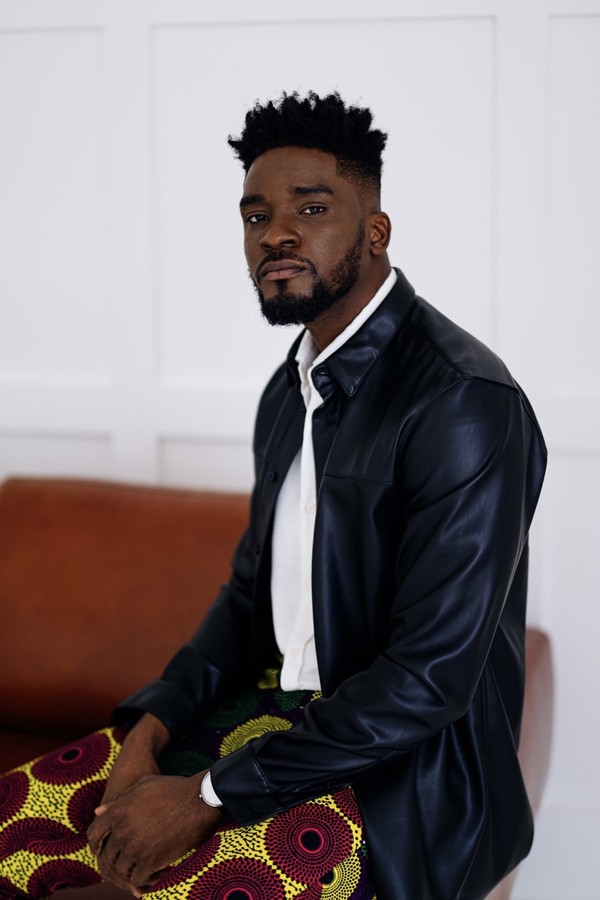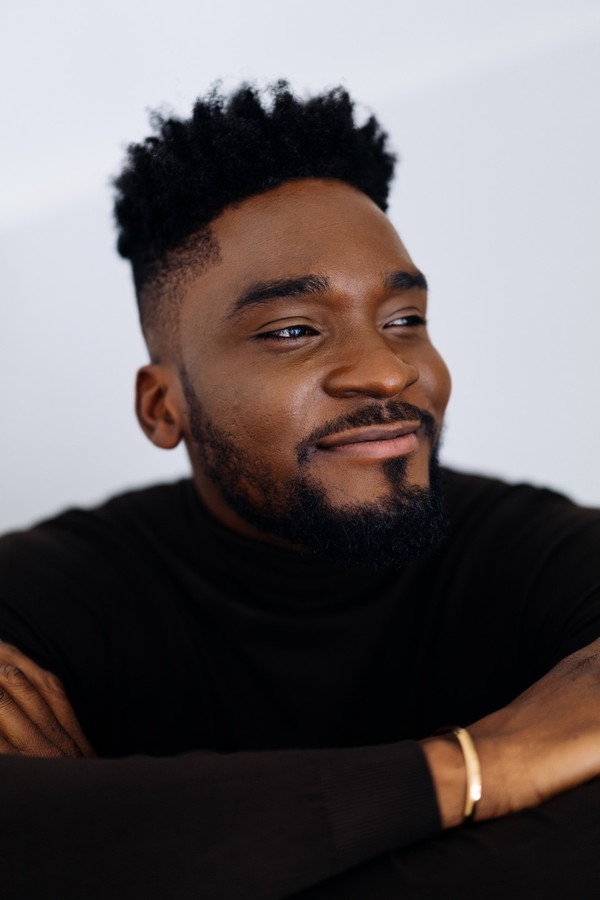An interview with Sam Okyere, who is a cultural ambassador between Korea and African countries
"I hope to use my role as 'cultural ambassador' to bridge the gap between Korean and African countries."

Question: What exactly does cultural diplomacy mean to you and how do you utilize it?
Answer: Most diplomatic relations are mainly between countries or at the government-to-government level and depending on how deep their relations are, it could dictate to a certain extent the interest that citizens of both countries can have in one another.
Cultural diplomacy on the other hand, focuses on the use of soft power and elements of culture such as music, food, clothing, and movies (dramas) to forge a more people to people-based connection. To me, it plays a pivotal role in how citizens of countries view each other because it is stripped down to the essence of what a country’s cultural identity is.
Being a cultural ambassador and a Ghanaian resident in Korea, I see myself a representative of both countries and therefore, I leverage my position and knowledge of both cultures and use that as a unifying tool. Having lived in Korea for over a decade now, I have been able to identify certain aspects of the Korean culture that are like that of Ghana. Amongst many examples, using titles for hierarchical classification here in Korea is done in Ghana as well. Word like “Hyeong” or “Noona” are used similarly in Ghana. The culture of respecting and regarding the elderly is evident and present in both cultures. All the above examples though simple in nature, are pertinent to narrowing the cultural gap that would have otherwise been wider due to the unavoidable geographical proximity.
Question: What role does social media play in cultural diplomacy?
Answer: Social media’s role in bridging cultures cannot be understated as it is one of the most important tools to connect people and propagate one’s culture globally.
When I first arrived in Korea, many of the people who I met had very little to no knowledge about Ghana or Africa. All the information they were privy to was stereotypical narratives they had been exposed to by mainstream media. Platforms like YouTube were not as developed and didn’t provide enough evidence to support our stories. However, social media has grown to become a powerful tool that connects billions of people and apps TikTok have advanced viral culture. We are now able to show important and fun aspects of our cultures without talking too much. For example, a dance challenge from Ghana can simultaneously be viral in Korea for Koreans to learn and do it and vice versa. A very important and noteworthy evidence of social medias’ role in diplomacy is the global dominance K-pop has had. BTS is now a worldwide acclaimed boy band who have sparked and championed an ever-growing interest in Korean music, Korean language, Korean food, and Korean culture. Due to this, even if you weren’t familiar with Korea but knew BTS, you are able to make an instant connection to where they are from, and this serves as an invitation in the K world.

Question: What is your exact role as a cultural ambassador?
Answer: I use my platform and career as an entertainer to showcase and highlight educational, fun, and entertaining content between Ghana and Korea. Every time I go on Korean television, I use that opportunity to talk about GHANA and provide vital information on my country to all the viewers. This allows for curiosity and genuine interest in Ghana. I also partner with migrant centers to give lectures on African and Ghana to interested Koreans and push the continent as a viable travel destination option. In the same breath, I introduce Korean language, Korean dramas and sell Korea to Ghanaians and Africans who are interested in Korea. I serve a s a point of contact for Africans who might have never heard of Korea nor have any interest in travelling here. I utilize cultural elements like Mukbang, trendy songs and fashion mainly through social media to increase awareness and spark interest in each other’s cultures. I serve as a bridge to the continent and vice versa.
Question: Diplomacy sounds good, but it can never be easy. What are some challenges you face in this regard?
Answer: Despite all cultures being beautiful, not all cultures are seen as equal and because of this, creating a level playing field where cultures from “less” developed countries are fully accepted is no small task or easy feat.
Since cultural diplomacy is still a form of diplomacy, it is very imperative to make sure that no actions tarnish the image of both countries. This means that as a representative, I must be sensitive to what I say and do. Because my words and actions carry weight and can be detrimental if used wrongly. This is quite burdensome because as a human, there is always the possibility of a misstep or mistake, and perfection is difficult and unattainable.
There is also the impossible task of being impartial and calling a spade a spade. Navigating the truth without offending anymore and coming across as truthful, legitimate, and unbiased is always very challenging. No culture is without flaws and it’s my job to point them out not to bash it but use it as an opportunity to learn and grow.
Question: What is a short-term goal you would like to achieve?
Answer: I would love to see a Korean pop band perform on an African stage. I know there are massive pockets of K-pop fans in Ghana and other African countries who would love to go to such an event. It will be such a monumental event in both the history of Korean and whichever African country it does take place in. In the same vein, I know there are many Korean lovers of Afro beats (a thriving music genre in Africa) and a great Afro inspired music festival is imminent. Last year, through a collaboration with Afro Korea (A Korean Afro beats dance group), we organized a dance workshop and party that saw both Koreans and African come together engage, have fun, and connect through music and dance. Culture was used to bring people together. I would like to curate more cultural events where Koreans, Africans and other foreigners can experience their cultures in a respectful and unique way.
Question: Where do you see yourself in the next five years
Answer: I see myself as a global star, a cultural icon and using my platform to promote the cultures I love. I also want to embark on more passion projects like building schools for the less privileged in society. I have always been a firm believer in using culture to drive development and a tool to create unique opportunities for citizens of different countries. Culture is an integral aspect of a country’s identity and can be utilized to foster good relations between countries. Culture coupled with technology is really advancing the pace at which the world is connecting now. It flows more rapidly and has lasting effects on human interaction and connection. This is a very exciting period to be in and I am glad I can contribute to this world in my own small way. Leaving a formidable legacy is very important to me.

